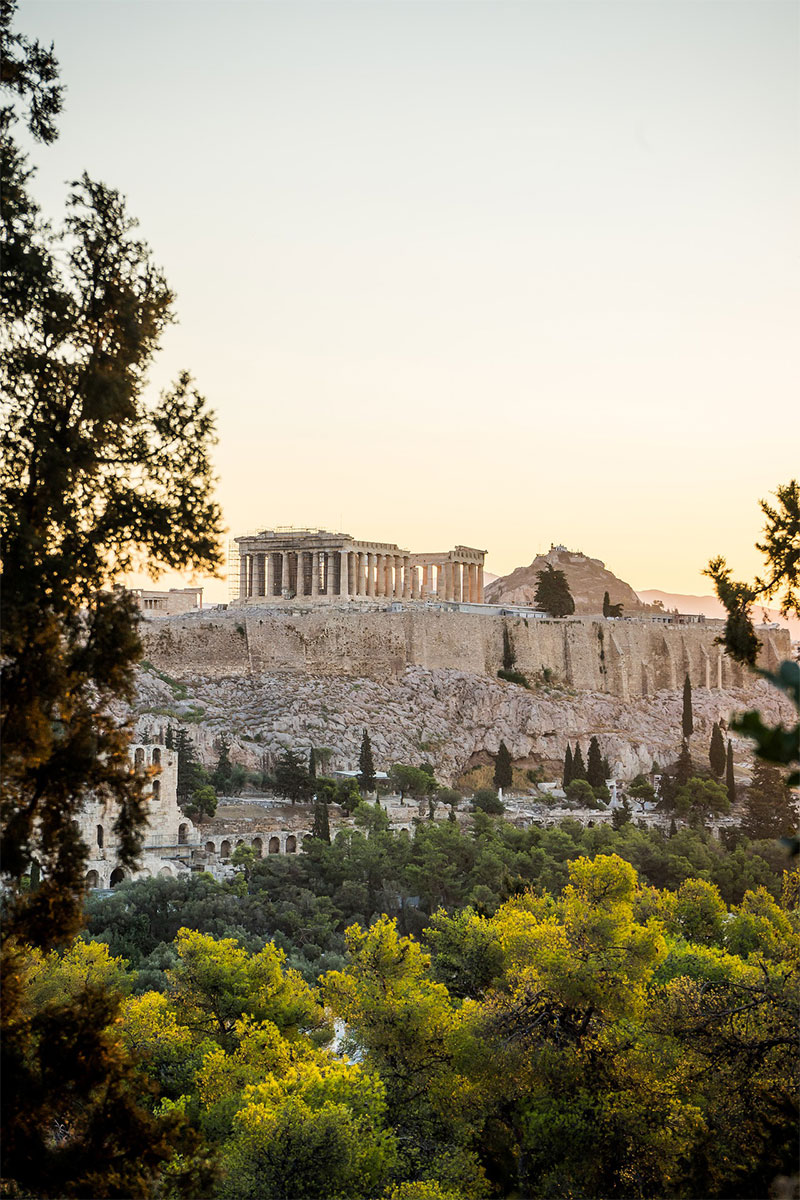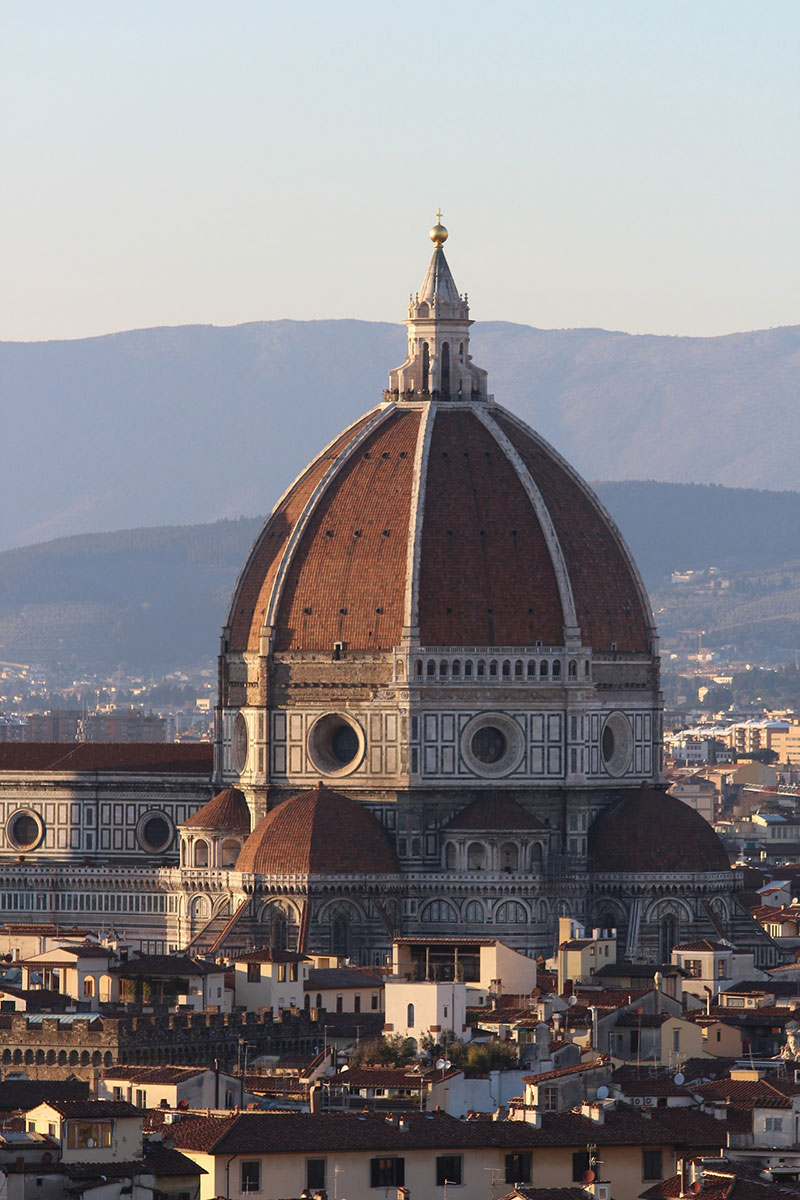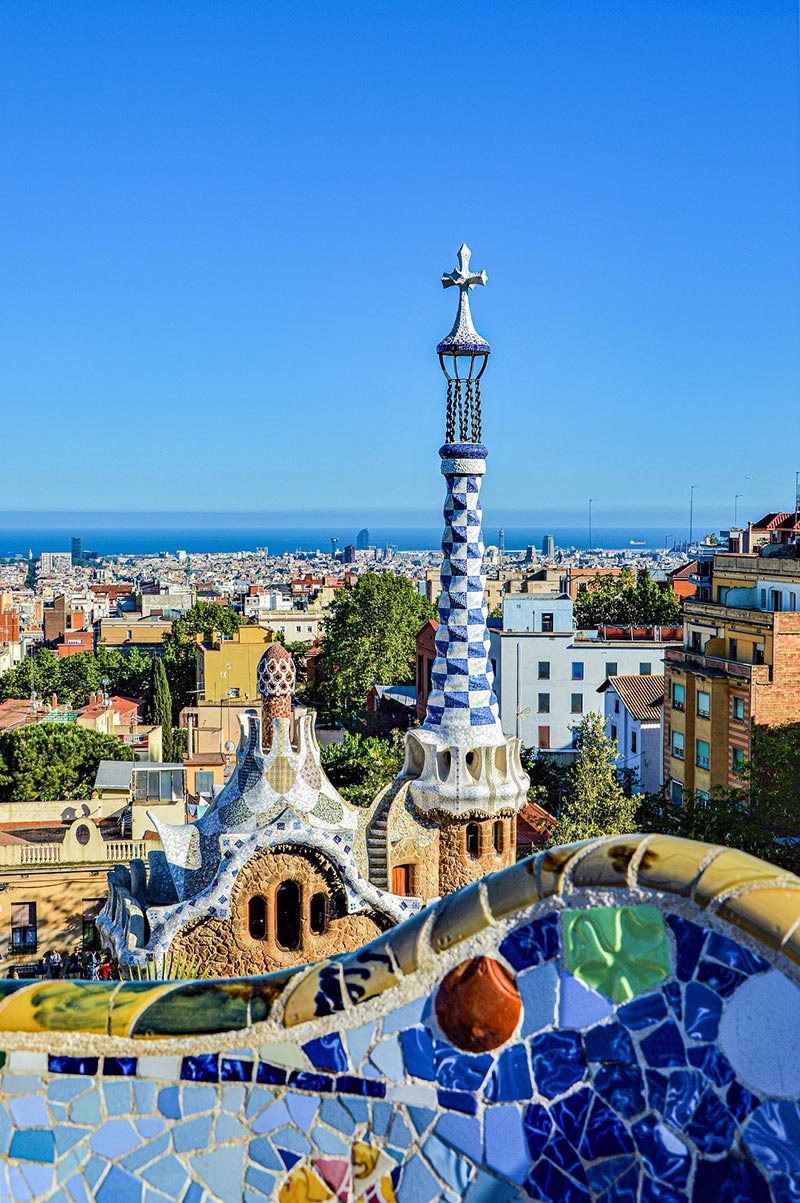About Us
Exploring our urban history and heritage for our urban future....
Cities are designed for human flourishing. To ensure long-term human flourishing, cities must be resilient and urban development and urbanisation sustainable. As a result of the unprecedent process of urbanisation and urban development in the past three hundred years, cities, mega-cities, and mega-regions have become the predominant forms and places of human settlement, turning our planet into an “Earthopolis”. The growing impact of this process on human societies and our planet; and the accelerating global crises, challenges, and uncertainties have made urban sustainability and resilience more pressing than ever.
Much effort has been devoted to devising modern approaches to sustainability issues. Do historical cities and urban societies and the rich urban heritage these have bestowed upon us have anything significant to offer to our planning, design, governance, and daily operations today on how to make our cities more sustainable and resilient, socially, economically, culturally, and environmentally?
Vision and Mission
Our urban history and heritage, according to UNESCO’s 2016 Global Report on Cultural: Urban Futures, are key “assets”, “drivers”, and “enablers” for urban sustainability, resilience, and liveability. This initiative is devoted to understanding historical urbanisms from the perspective of sustainability and resilience while exploring their potential to lend insights for our contemporary pursuit of sustainable urban development. It focuses on the following key, interrelated areas of enquiry: historical knowledge and experience, the historical urban landscape, and urban re-inventiveness. In so doing, it seeks to identify, analyse, and assess relevant planning, design, governance, or operational practices and how these are integrated within urban systems as a whole and the creative process through which these are adapted over time to meet new challenges and harness new opportunities.
We endeavour to collaborate with scholars and experts from historical and modern studies to apply critical and innovative theories and methodologies to our understanding of the complexity and processes of city-making. It is our hope that our exploration will shed important insights on how to achieve more sustainable, inclusive and equitable urban futures in line with the United Nations Sustainable Development Goals.
Key Areas of Enquiry
Framework
We aim to explore sustainability, resilience, and livability of historical cities with the following analytical framework:
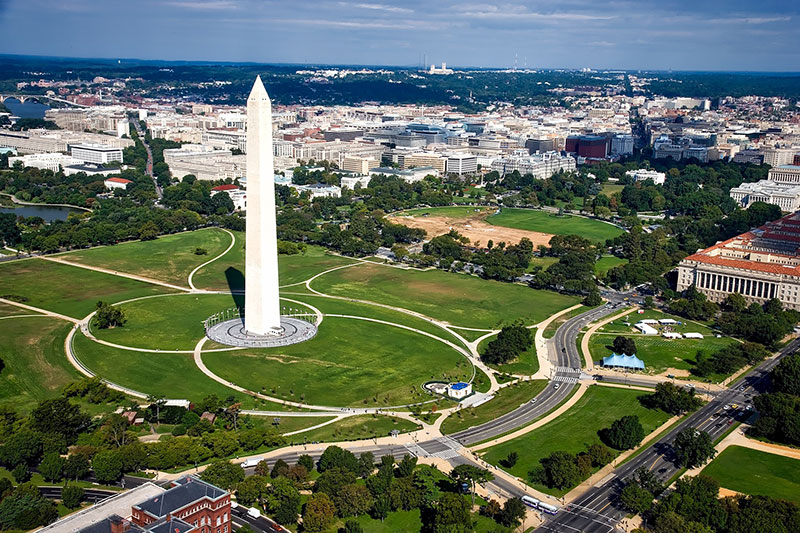
Spatial: natural & built environments
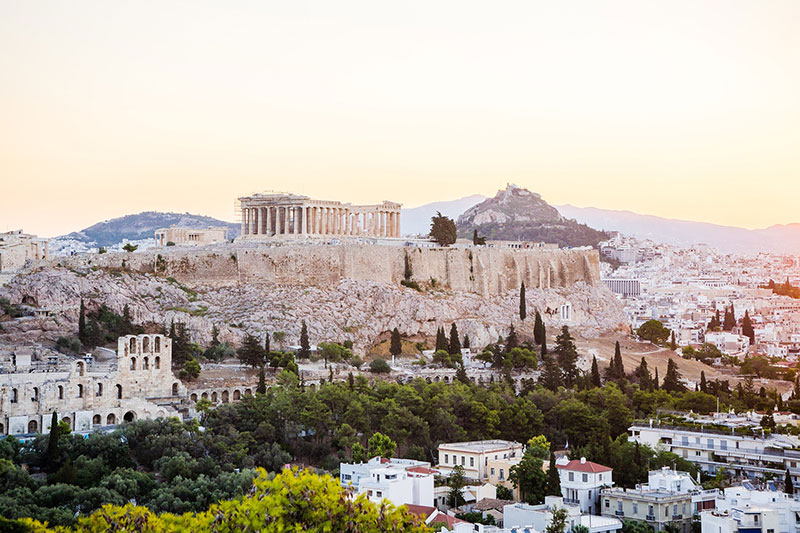
Structural: social and governance structures
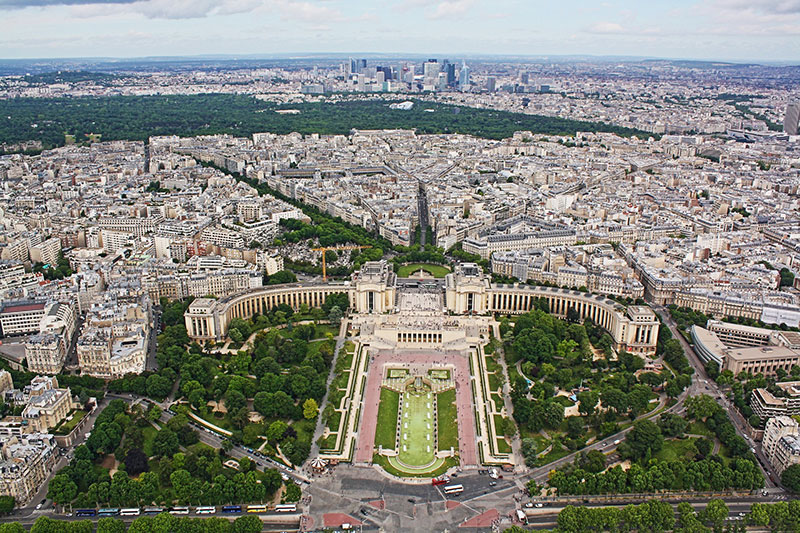
Functional: cultural and socio-economic functions and daily operations
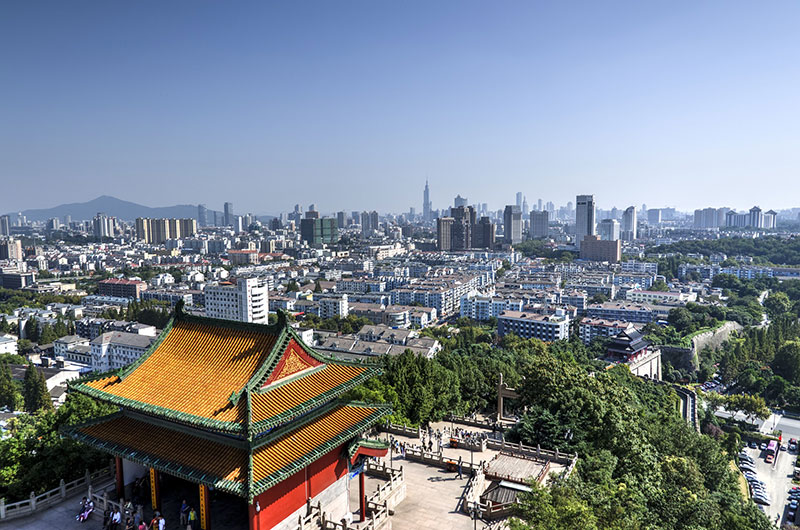
Temporal: historical circumstances and trends and lifecycles of cities
Focused Region
While aspiring to trace the development of above three main areas of enquiry in diverse regions from different periods of urban history, we will give special attention to Asian (including the Middle East/Western Asia) urban civilisations that have a prolonged evolutionary and transmission trajectory and could shed important light on, especially nature-based and culture-led approaches to, sustainability, resilience, and liveability.


